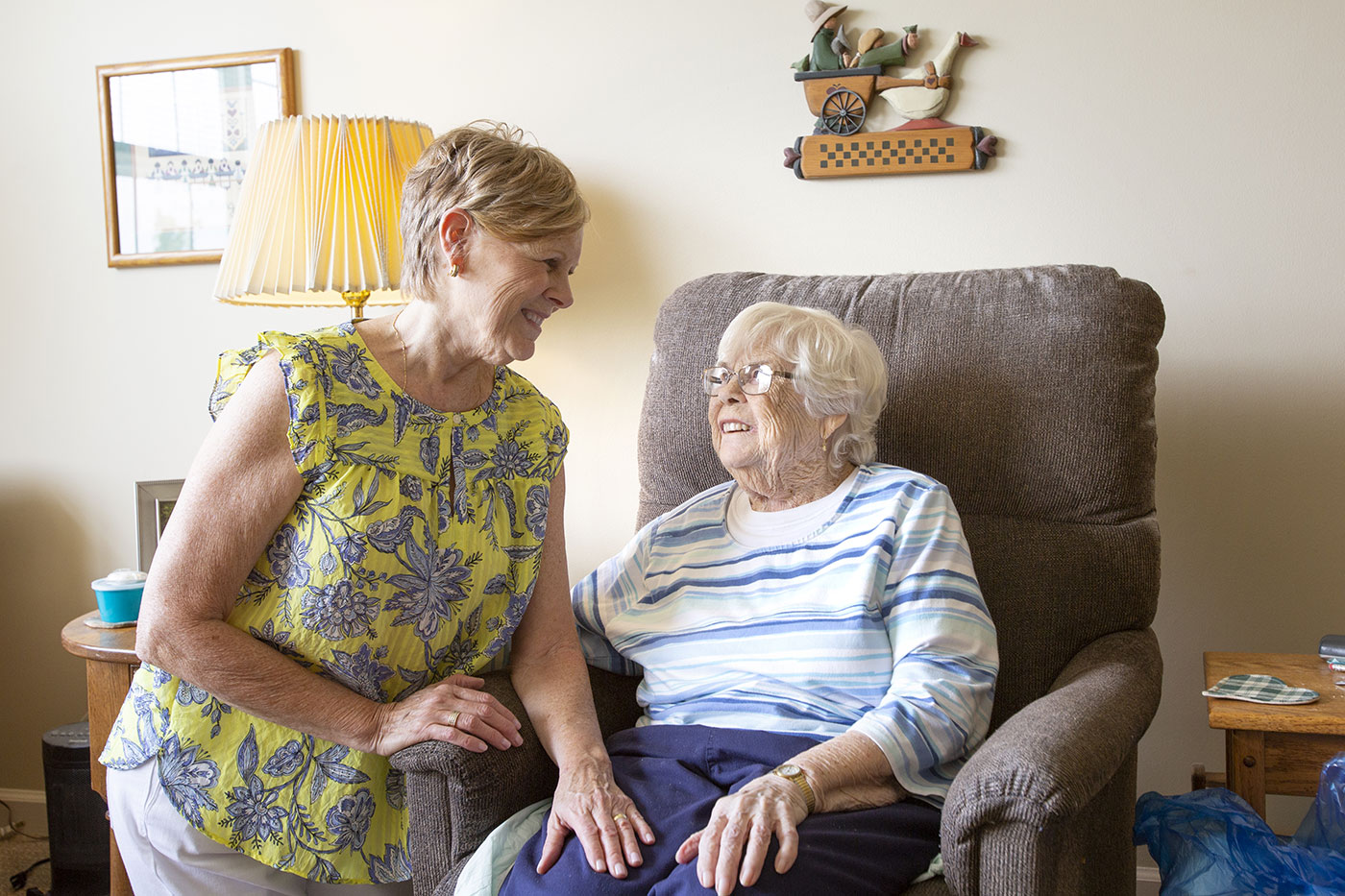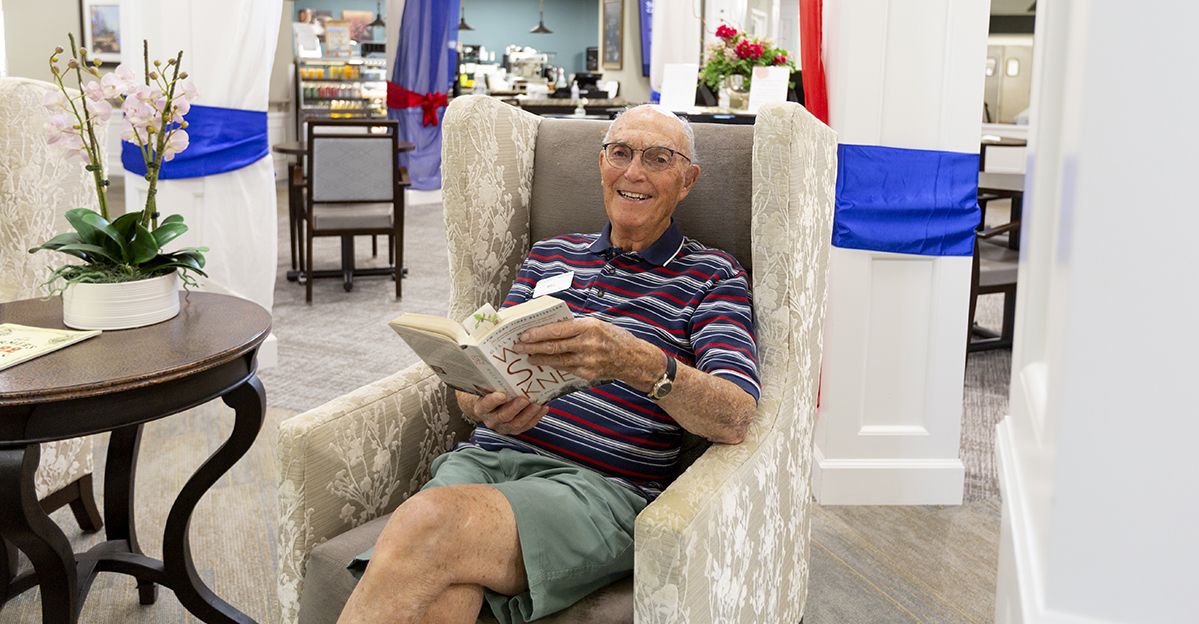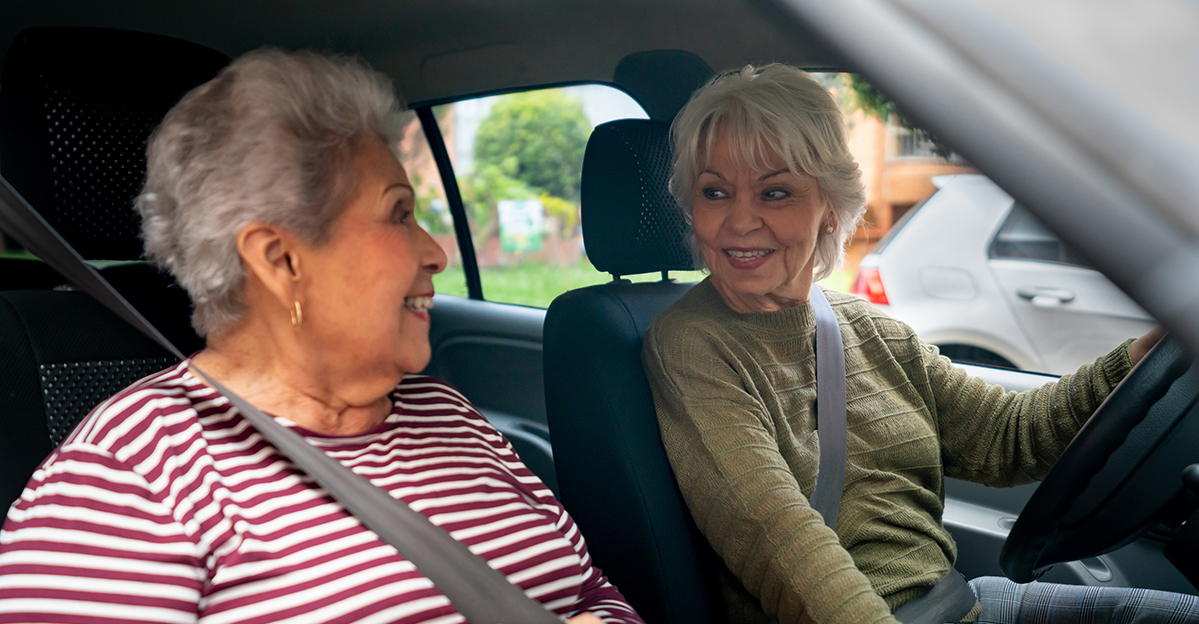Household chores today. Grocery shopping tomorrow. While the daily tasks of a caregiver may change, the most important duty always remains the same — providing genuine, compassionate care.
As you begin to assist your parents as they age, you may be wondering how you can best support them as a caregiver. It’s completely normal to want the best for your aging parents, and you may be the best person to jump in when they need support.
But what exactly should you be doing? And what responsibilities can you expect to take on? With a little insight into the types of tasks you’ll likely run into as a caregiver, you’ll be better prepared to assist them on their care journey.
Our list of common caregiver duties will help you know what to expect as you create a plan to help mom or dad be as healthy and happy as possible.
What Is A Caregiver?
A caregiver provides companionship and compassionate support to older adults that can benefit from added assistance with daily tasks. Your aging loved one may need your help with the activities of daily living like preparing meals, housekeeping, laundry, bathing and more.
What Are Caregiver Responsibilities?
Your elderly parents’ needs can differ day-to-day, and so can your duties. Because no two seniors’ needs are the same, the care plan for each person will differ, and that’s ok!
The key is to familiarize yourself with the tasks you’ll likely run into as you care for your parents, and to know when to consider the support of a senior living community or health professionals.
We’ve compiled a list of the most common tasks that caregivers help with including:
Mobility Assistance
As a caregiver, you can take steps to help prevent falls and help your loved one with moving and transportation. Older adults may need a helping hand to get out of bed in the morning or going to and from medical appointments. Ensuring safe movement inside and outside the home is an essential part of care.
Medication Management
It’s common for older adults to take multiple medications, and your loved one may need help keeping track of their medication list. Caregivers can help monitor medications by:
- Keeping a printed list of medications outlining the medication name and reason it was prescribed.
- Creating reminders to take the prescribed dosages at the right time.
- Cataloging medication information, including details or printed materials with the prescribed medication into a master file.
Meals And Nutrition
Nutrition plays a big role in staying healthy. For seniors, maintaining a healthy diet positively affects stamina, longevity and the ability to stay active. As a caregiver, you can help with grocery shopping, cooking or meal prep to ensure your loved one gets the proper nutrition.
Housekeeping And Home Maintenance
There’s always something to do around the house, and maintaining a home becomes more difficult as we age. It’s common for senior caregivers to assist with housework like sweeping, washing the dishes or vacuuming.
If daily maintenance becomes too much for your loved one to handle, consider whether they would benefit from a senior living community. One of the most sought-after perks of senior living is freedom from the responsibilities associated with homeownership.
In-Home Caregiver Duties Vs. Senior Community Caregivers
Assisted living and in-home care are two common care options that can provide the additional support your elderly loved one needs.
While your in-home support and assisted living have comparable services, assisted living communities offer care, meals, social opportunities and housing all in an apartment-style environment.
Assisted living communities give older adults 24/7 personalized care in a residential setting, a social lifestyle and access to amenities focused on senior wellness.
Assisted living may be a good idea for your loved one if they would benefit from a licensed setting with professionally trained employees who will care for them each day like they’re family.
Partnering With CorsoCare To Serve Seniors
CorsoCare, a preferred third-party provider of StoryPoint Group, offers seniors more than high-quality care services — seniors also gain a dedicated partner in their health journey.
Whether seniors need expert medical support at home, compassionate end-of-life care, or assistance with daily activities, CorsoCare provides personalized, compassionate care to enhance the quality of life at every stage.
Click here for additional resources and to learn more about CorsoCare.











